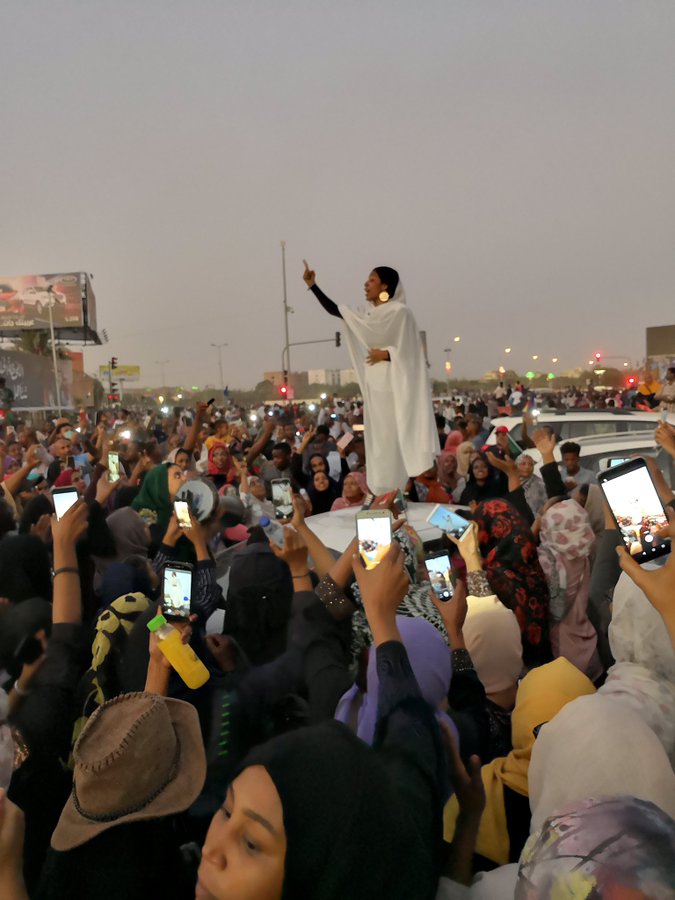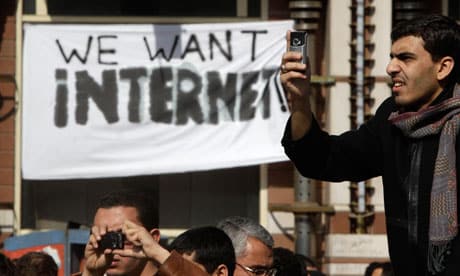Around the world, many nations adopt a more conscious stance where the rights to privacy and access to information are concerned. Mostly motivated by the power of the Internet to initiate unprecedented change over a short period of time, the dissemination of and access to the world’s information has become infinitely easier.
The freedom gained also comes with the courage of said citizens to challenge the status quo laid down by authoritarian governments, some of which have been in the seat of power for decades. In a bid to retain control, these governments try to contain protests that threaten their hold on power by curbing the influence nationals have as a result of access to the Internet and social media.
In a new report conducted by Top10VPN, the global economic cost of government-motivated Internet and social media shutdowns came to $8.05 billion in 2019 alone, with $2.16 billion of that originating from sub-Saharan Africa.
The national Gross Domestic Products (GDPs) of the countries involved were taken into account. Also, tools such as the Internet Society’s Cost of Shutdown Tool based on the Brookings Institution method were applied.
Different from temporary Internet shutdowns that occur as a result of infrastructural setbacks or natural disasters, Internet shutdowns or blackouts of this nature are those imposed on a geographical location to control the distribution of information within that geographical space.
This extends to social media where the access to social media platforms is blocked with the similar motive of exerting control.
To some caught up in the middle of this, freedom to do or say anything becomes incredibly difficult if not impossible at the time. As human rights activist Nomagugu Nyathi stated during Zimbabwe’s 144-hour long blackout, “I felt that anything could happen to us in the country and the world would have no clue.”
The financial cost of Internet blackouts

The need for regimes to exert more control over their domains in 2019 resulted in the loss of billions of dollars by the ten major economies in sub-Saharan Africa that were shut off from the world.
Top 3 biggest losers
Sudan
Sudan experienced the highest number of blackouts in 2019. Total number came to a total of 1,560 hours spread throughout the year.
The country reportedly suffered a loss of $1,866.3 millon.
Primarily motivated by protests calling on the then 30-year president, Omar al-Bashir, to leave office, the events surrounding Sudan’s dark period came to the global spotlight.

Before long, al-Bashir agreed to step down after governing Sudan for thirty years. A military coup ensued sparking more civil protests and necessitating more shutdowns.
Chad
Chad had the second highest loss with an estimated $125.9 million. It was also the country with the highest record of shutdown duration in sub-Saharan Africa at 4,728 hours.
Though Top10VPN only began calculating the shutdown duration and cost from 2019, Chad began theirs in 2018 and tops the list as having experienced the longest social media blackout in history, lasting an unprecedented 16 months.
Protests that caused the government to submerge the Northern nation to a social media blackout were sparked by recommended constitutional change to allow President Idriss Déby stay in power until 2033. Déby has been in power for 20 years.
Democratic Republic of Congo (DRC)
The DRC lost an estimated $61.2 million to 456 hours of Internet blackouts; a move the government claimed was to avoid chaos that might arise because of the country’s ongoing elections.
The international community
The United Nations General Assembly has emphasised the importance of governments building trust and confidence of their people concerning online freedom of expression. This is no surprise as the international organisation sees the Internet as “an enabler for development and innovation.”
Although the UN believes that the Internet is important, what does the international community as a whole think about this blackout phenomenon?
According to Samuel Woodhams, Digital Rights Lead at Top10VPN, not very much. Apparently, when access to the Internet gets disrupted in this way, the government responsible faces very few, if any, consequences.
International non-profits organise campaigns bringing issues like these to the forefront, but with not much progress to show for it.
Bypassing blackouts
Though social media shutdowns can be bypassed with the use of a Virtual Private Network (VPN) to circumvent the restrictions placed on the use of social media tools, the same cannot be said for Internet blackouts. Those experiencing this have to be a lot more creative.
“..several apps have emerged that allow communication over bluetooth connections, called mesh networks,” said Woodhams.”
As censorship persists around Africa and as nations like Egypt continue to enact laws legalising their government’s right to block the Internet, progress will be put on hold.
Activists hope to fight this through advocacy and ensuring that more advanced tools are developed to monitor Internet disruptions as they continue to occur and bypass the restrictions imposed by authoritarian regimes.












